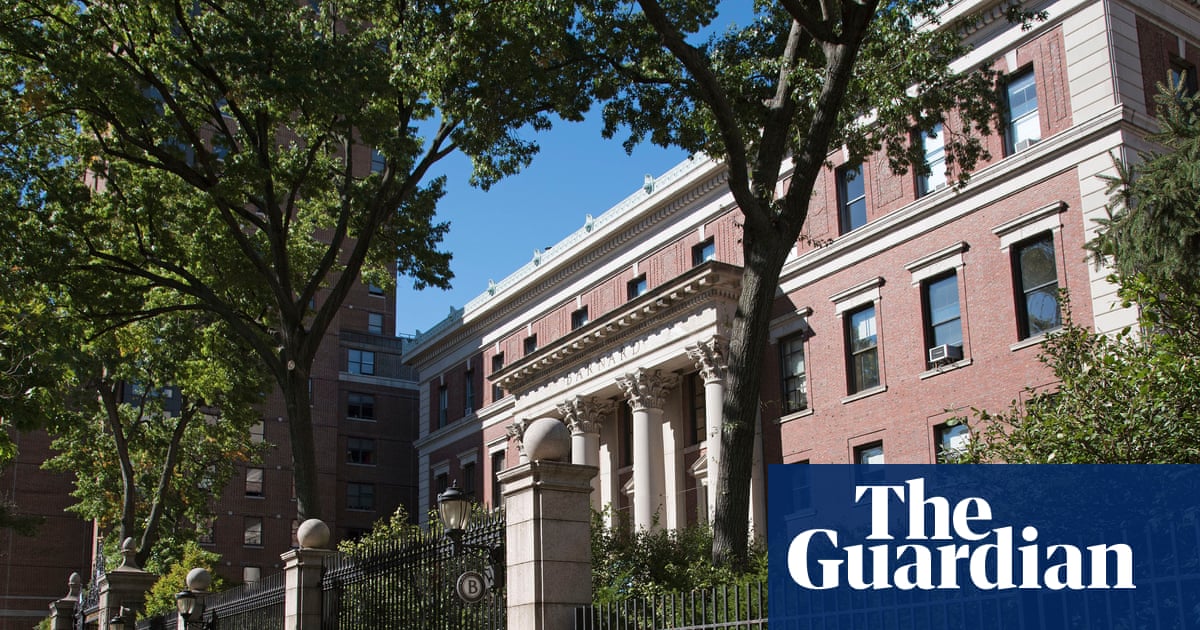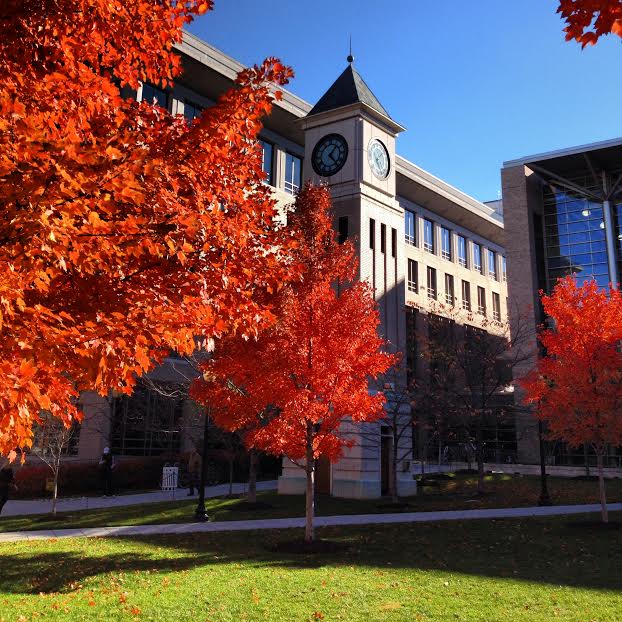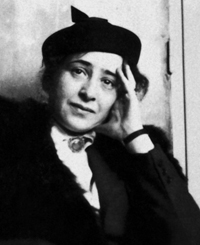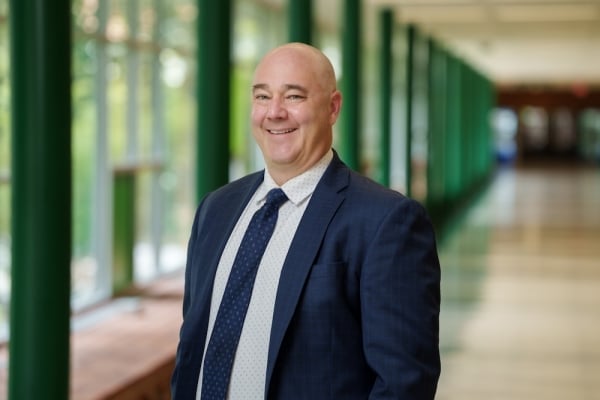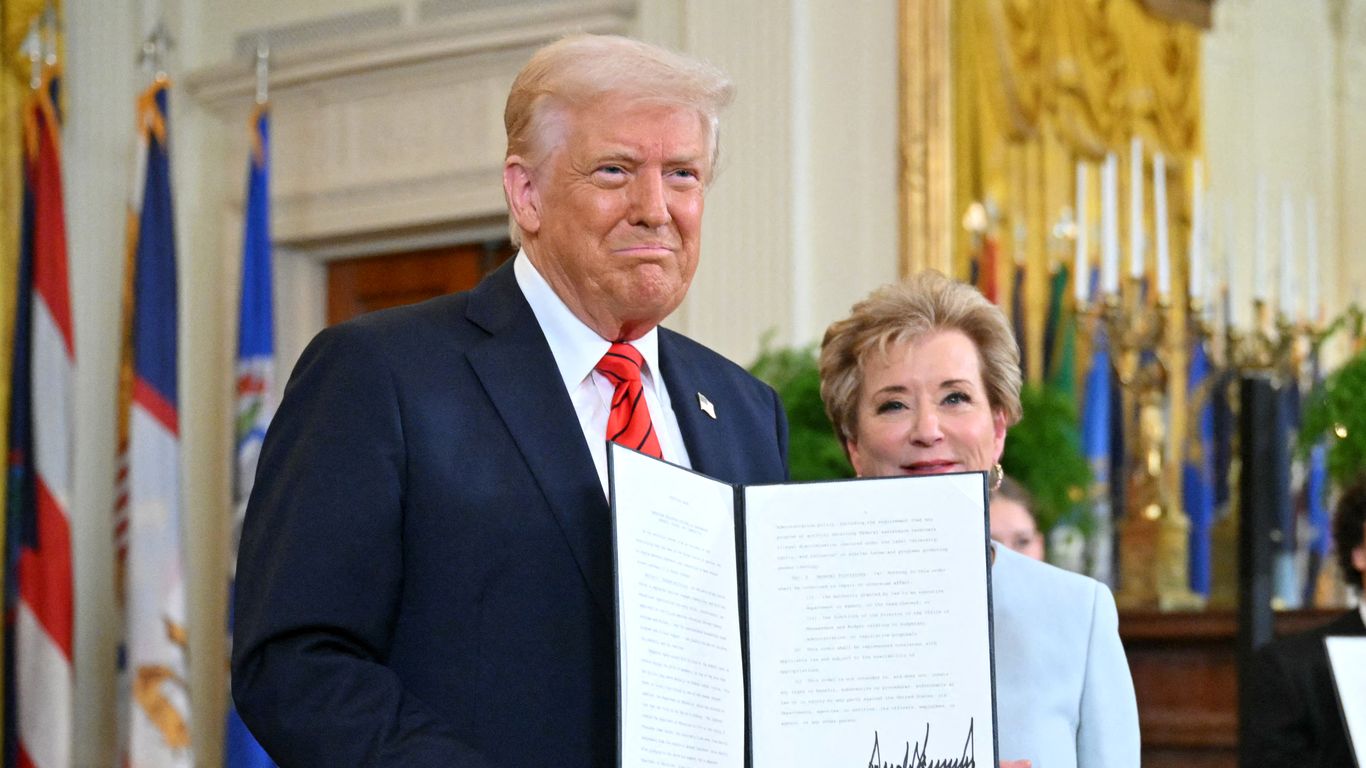fromThe Atlantic
5 hours agoWhat $1 Million of Anti-Racist Leadership Training Buys You
My reporting charts the changes the foundation has undergone since 2018, when Elizabeth Alexander, a noted poet, became its president. The nonprofit has become more and more openly political; in 2020, Alexander declared that Mellon would prioritize 'social justice in all of its grantmaking' going forward. Because Mellon is the country's largest humanities funder by several orders of magnitude, larger even than the federal government, this new direction has
Higher education
